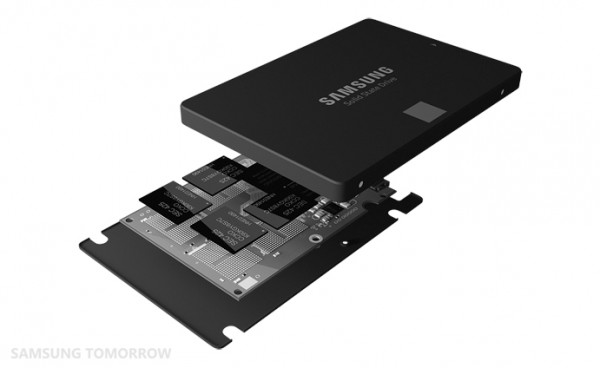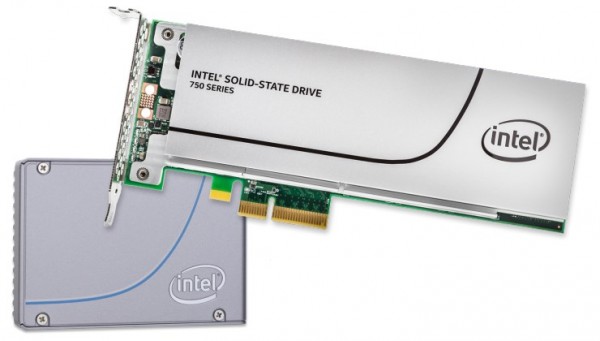
News has been going around that solid state drives in storage have been discovered to lose their stored data in extremely short span of time. This refers to unpowered SSDs remaining untouched in lockers, and not the drives installed in computers that are used every day. Still, that hasn’t caused a more than a few computer users to become concerned.
The information comes courtesy of a talk conducted by Seagate’s Alvin Cox, who was part of a presentation to the Joint Electron Device Engineering Council (JEDEC). The content was also posted to KoreLogic Security’s blog a couple of months ago, where it was recently picked up by other tech news sites like ZDnet.
All it reveals is that data stored on the NAND flash memory in solid state drives is susceptible to changes in ambient temperature, which could affect the retention of data. Every 5-degree Celsius increase in temperature above 25-degrees cuts the length of time in which it stores information by half. In this case, it was a drop from 20 weeks to 10 weeks for an enterprise class SSD.

All this means is that people who are looking to put their data into long term storage should instead invest in an old fashioned HDD. The spinning plate stores information for much longer than NAND, and isn’t as affected by changes in temperature.
That being said, there is no reason to shy away from SSDs on computers and machines that see constant use. The danger of rapid data loss only happens with unpowered SSDs that go for long periods of time without a current running through the memory. This should not normally happen to everyday machines.


